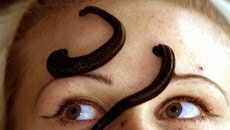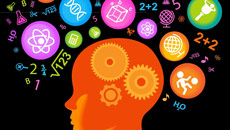Researchers have identified the mechanism in the brain that is key to sensing glucose levels in the blood, linking it to both type 1 and type 2 diabetes.
It could lead to new treatment and even prevention of diabetes.
"We have discovered that the prolyl endopeptidase enzyme -- located in a part of the hypothalamus known as the ventromedial nucleus -- sets a series of steps in motion that control glucose levels in the blood," said lead author Sabrina Diano, a professor at Yale School of Medicine in the US.
The ventromedial nucleus contains cells that are glucose sensors. To understand the role of prolyl endopeptidase in this part of the brain, the researchers used mice that were genetically engineered with low levels of this enzyme.
They found that in absence of this enzyme (prolyl endopeptidase), mice had high levels of glucose in the blood and became diabetic.
This enzyme is important because it makes the neurons in this part of the brain sensitive to glucose, the study noted.
The neurons sense the increase in glucose levels and then tell the pancreas to release insulin, which is the hormone that maintains a steady level of glucose in the blood, preventing diabetes.
"Because of the low levels of endopeptidase, the neurons were no longer sensitive to increased glucose levels and could not control the release of insulin from the pancreas, and the mice developed diabetes," Diano added.
The study appeared in the journal Proceedings of the National Academies of Sciences.





